Archive
CHILL-PRO® DECEMBER 2023 NEWSLETTER

AUTUMN 2023 CLAIMS
Chill-Pro® reimburses HVAC service contractors every day for their repair costs associated with unexpected breakdowns. Here’s a sample of some claims that we’ve paid contractors so far this year.INSIDER TIPS
These oversights can be costly to your business: 8 Costly Maintenance Agreement Estimating Mistakes (and how Chill-Pro® can fix them!)2023 CHILL-PRO® CONFERENCE PICS
We had a great time attending a handful of industry conferences in 2023. (Be sure to check out our upcoming conference schedule below!)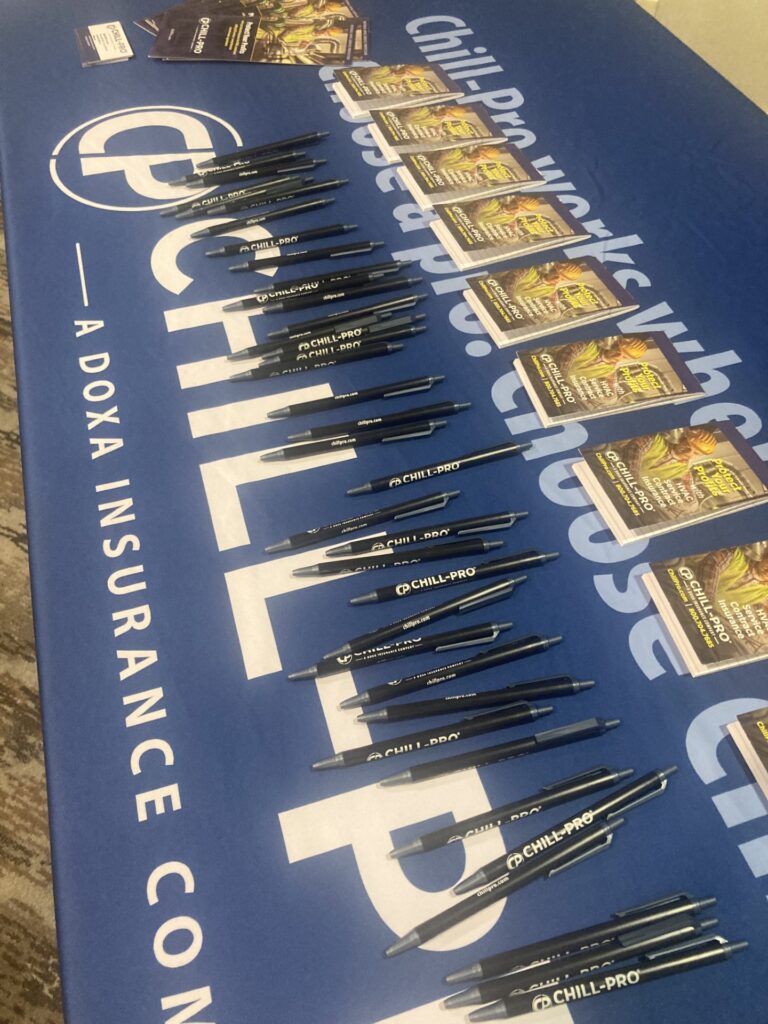
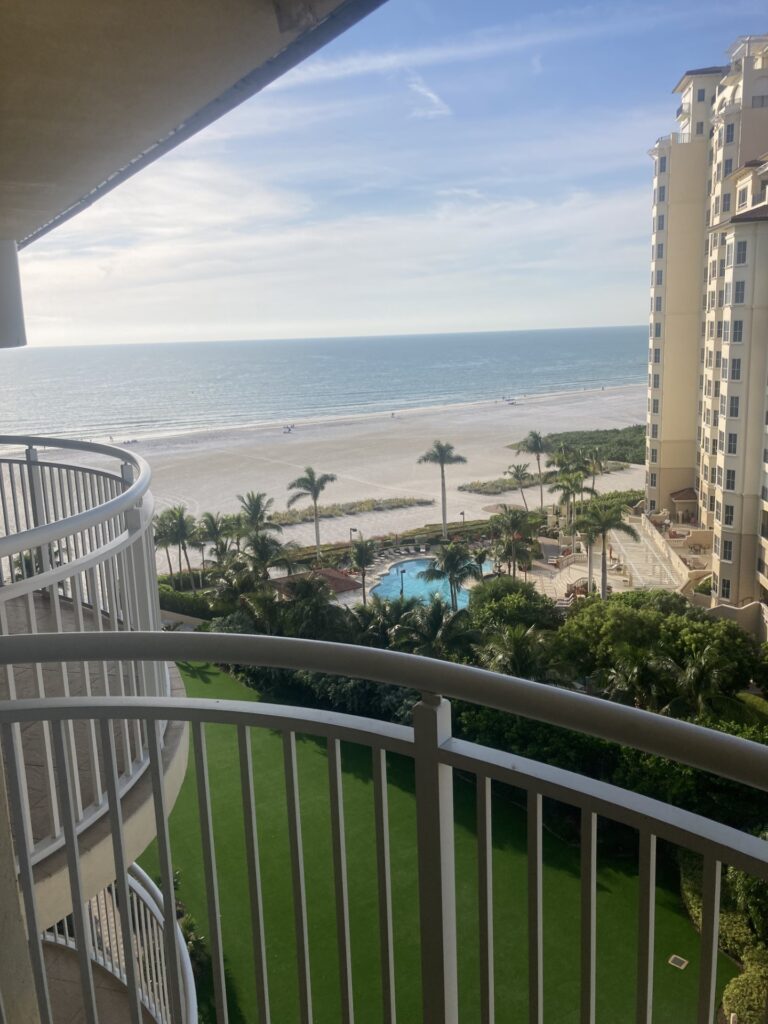
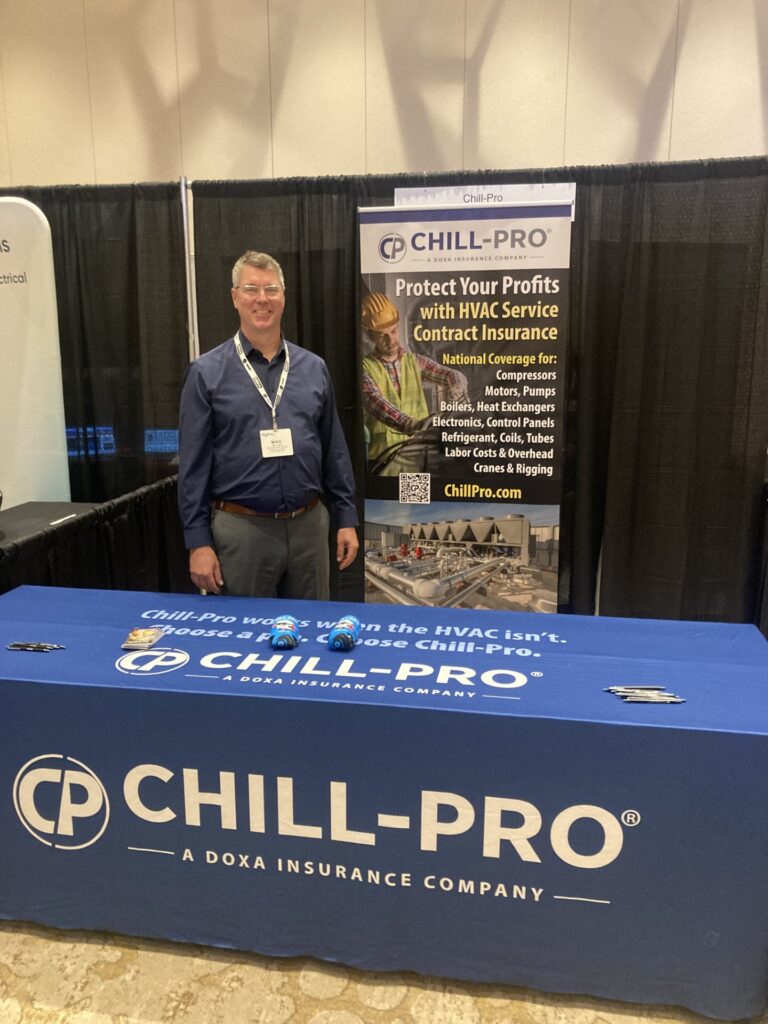
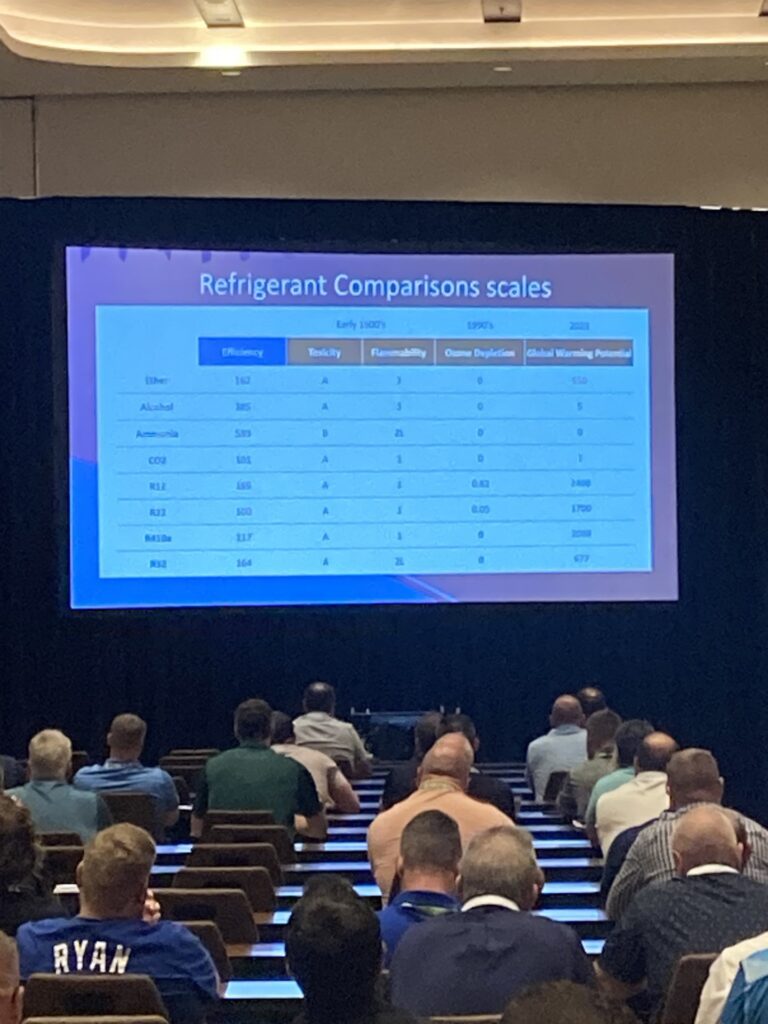
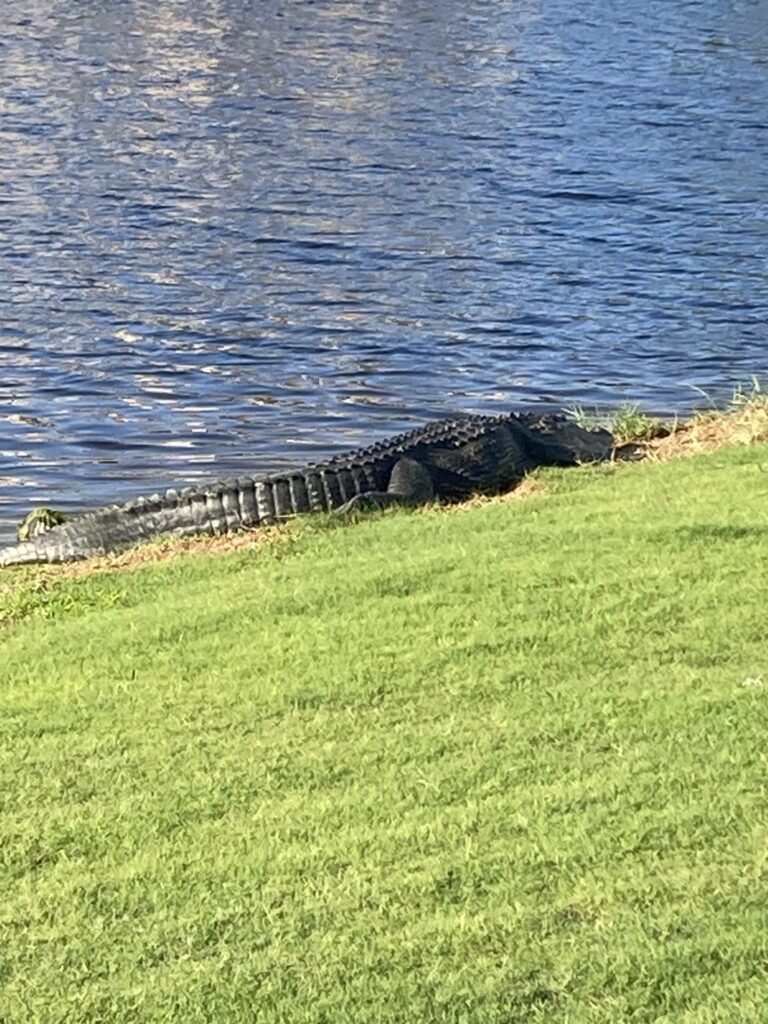
UPCOMING 2024 HVAC CONFERENCES
Chill-Pro® has proudly supported commercial HVAC service organizations and their member companies for more than 25 years!- Synergy Service Operations Forum, January 14-17, New Orleans LA
- ASHRAE Conference, January 20-24, Chicago IL
- ABM Conference, January 25-26, Atlanta GA
2023 Chill-Pro® Autumn Claims Highlights

22-year-old Centrifugal chiller
Cause of Loss: Oil Pump FailureDESCRIPTION: On date of loss, the oil pump failed on the referenced chiller causing the machine to go off on a safety failure. It was determined at that time that the pump and motor failed causing an over-amperage situation and tripped the safety on the machine. It was also determined at that time that the pump and motor were drawing too much amperage due to damaged windings and needed to be replaced to safely run the machine. Please note that the purge unit failed prior to the oil pump and was replaced. The oil pump was replaced new and the unit was returned to service.
6-year-old Screw chiller
Cause of Loss: Compressor motor windings shorted to groundDESCRIPTION: This was the initial loss for Compressor Number 2. The compressor shorted out in the motor windings. Initially, it was thought that the compressor had locked and later discovered when the old one was removed it turned freely. The compressor was replaced along with the contactor and fuses. After startup, everything was running normally. The oil separator height was 10 inches. It appears that the software on the Tracer interface for this chiller somehow got corrupted and the insured could not retrieve all the alarm history. The software issue has been corrected.
9-year-old Magnetic Bearing chiller
Cause of Loss: Loss of control voltage due to power surgeDESCRIPTION: Called insured to discuss inverter damage to Chiller #2. Insured stated that the power surge in the local area caused loss of control voltage for Chillers Number 1 and 2. As a result, A/C D/C inverters had to be replaced on both chillers. No other damage noted to components other than control voltage.
10-year-old Centrifugal chiller
Cause of Loss: Circuit board failureDESCRIPTION: During the service call, the chiller was found to be inoperable. The troubleshooting procedure revealed failure of 4 printed circuit boards. Cause of failure unknown. Replaced circuit boards and restarted 450-ton Centrifugal Chiller. No further maintenance performed.
2-year-old Centrifugal chiller
Cause of Loss: Seized bearings, motor shorted to groundDESCRIPTION: Technicians found the chiller inoperable and pulling too many amps across the system. Testing of the single compressor on the chiller found that the compressor had seized bearings and would not turn. The seized bearings also caused the motor to burn up and short to ground. The compressor motor was then disconnected from the chiller and sent to be rebuilt. After the motor was rebuilt and returned to the loss site, technicians had the motor reinstalled. Vibration testing was completed and after a successful test, the compressor was restarted. After confirming no other problems with the compressor, the chiller was returned to service.
Chill-Pro Overview
4 Tips for Negotiating Maintenance Agreements
Maintenance costs can make up a significant portion of a manufacturer’s revenue, ranging from 15% to 70%, as per the US Department of Commerce. Negotiations for maintenance contracts primarily revolve around cost reduction, leading to an adversarial dynamic where both parties aim to protect their profits, often resulting in contractors operating with minimal margins and hindering efficient maintenance, which in turn affects operations negatively.
Here are 4 Tips for negotiating more profitable, long-term maintenance contracts with your customers:
- Mutually establish service level expectations
Clients often demand service level agreements which are onerous to the contractor while giving themselves all care, but no responsibility. Facilitate a reciprocal assistance dynamic between the client and the contractor. Clearly identify the responsibilities of both parties that support both parties’ success.
- Set the anticipation for ongoing enhancement!
Understand and embrace your client’s aspirational business goals. Develop KPIs in partnership with your client and focus on results that drive tangible business benefits for your client. KPIs should be achievable and flexible: once the KPI goal is achieved, new KPI metrics should be developed.
- Explicitly define areas of accountability
Most friction and failures in business occur at interfaces or boundaries. A Division of Responsibilities is an operational and tactical document designed to ensure the success of internal processes and procedures. When creating a Division of Responsibilities, emergency and contingency procedures should be considered.
- Direct attention towards shared advantages and collaboration
The owner bears financial responsibility for equipment-related risks. Proactive maintenance can reduce some of these risks but doesn’t eliminate them completely. It’s crucial to view maintenance discussions as a collaborative partnership, with both parties sharing in the potential for success or challenges. An effective method to ease the owner’s financial burden is by including Chill-Pro® service contract insurance, which expands agreement coverage to unforeseen breakdown expenses and contributes to spreading the financial risk to both parties.
When approaching negotiations for a maintenance service contract, the choice lies between a harmful decline or a collaborative rise. Focusing solely on cost in these discussions will undoubtedly erode organizational value for both your customer and your service organization.
By comprehending each party’s vision of success, you can shape an agreement that highlights mutual gains, fostering a partnership where joint success revolves around quantifiable business benefits from maintenance outcomes.
2023 Chill-Pro Late Summer Claims Highlights
21-year-old water cooled Screw chiller. Cause of Loss: Compressor failure.
DESCRIPTION: Checked chiller, found restricted expansion valves causing elevated condensing temperature, was running zero degrees of superheat, and was running liquid through the compressor and flooding the compressors. Once the oil became acidic, it deteriorated the insulation on the wiring and caused it to ground. The compressor was replaced, and the system returned to service.
16-year-old 500 Ton Centrifugal chiller. Cause of Loss: O-Ring rupture and failure
DESCRIPTION: A 500 Ton Centrifugal Chiller had major leaks. Loss reported as major leak on chiller. Further communication revealed that an O-Ring blew out releasing an excessive amount of freon from the system. Contractor confirmed the damage to O-Ring. It appears that O-Ring was damaged and could not hold Freon in the system. The O-Ring was replaced, and Freon added to the system. The bulk of the claim cost was refrigerant recovery by refrigerant recovery contractor.
11-year-old 20 HP Pump. Cause of Loss: Bearing failure
DESCRIPTION: Bearing seized on pump shaft causing high amp draw in chill water pump motor. The pump was taken to a repair shop for replacement of the bearing and repair of the shaft that suffered damage due to bearing failure. The pump was repaired and placed back into service.
6-year-old Magnetic Bearing chiller. Cause of Loss: Demagnetization
DESCRIPTION: Magnetic bearing compressor failure. Magnetic bearings for the compressor would not levitate. The compressor was not field repairable. The compressor was replaced with a remanufactured compressor from the vendor. No core charge for the damaged compressor. No overtime cost associated with the compressor replacement.
9-year-old water cooled Screw chiller. Cause of Loss: Control board failure
DESCRIPTION: Chiller display was inoperable, and unit would not start. Further investigation revealed the failure of the chiller control board. The control board was replaced, and the chiller returned to service.
21-year-old water cooled Centrifugal chiller. Cause of Loss: Shaft seal rupture
DESCRIPTION: Shaft seal ruptured causing non condensable to be pulled into machine contaminating the refrigerant and loss of oil. The shaft seal was replaced, and the unit returned to service. Insured verified that no damage occurred to the shaft.
2023 Chill-Pro® Winter Claims Highlights
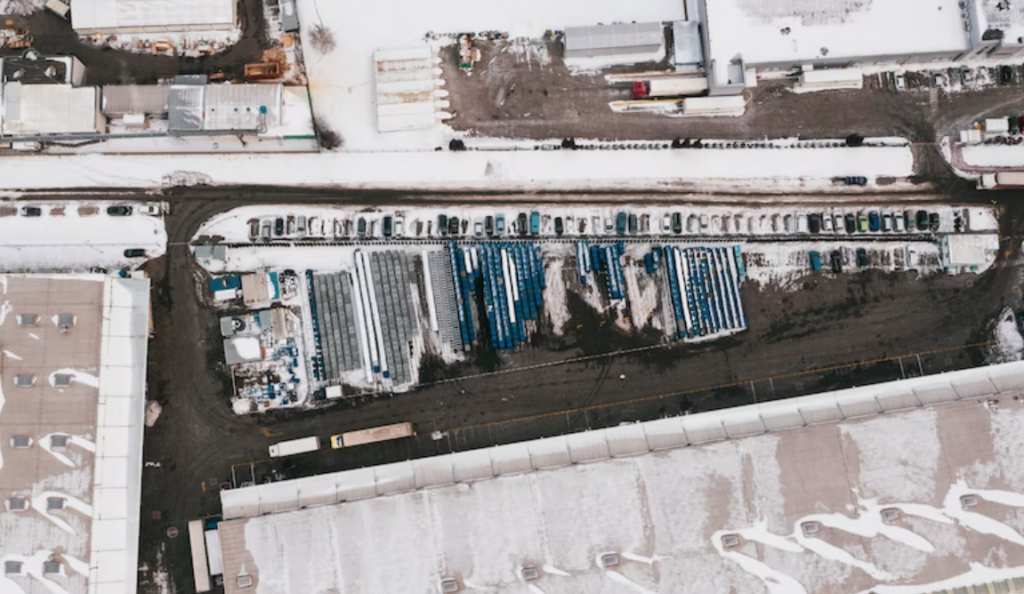
6-year-old Magnetic Bearing Chiller. Cause of Loss: Bearing failure
DESCRIPTION: Magnetic bearings for the compressor would not levitate. The compressor was not field
repairable. Compressor was replaced with remanufactured one from the vendor. It appears that cost for
new Mag Bearing compressor of same size cost as much as a new one. No overtime cost associated with
compressor repair.
10-year-old Centrifugal Chiller. Cause of Loss: Circuit Board failure
DESCRIPTION: During service call chiller was found to be inoperable. Troubleshooting procedure revealed
failure of 4 printed circuit boards. Cause of failure unknown. Replaced circuit boards and restarted 450-
ton X Centrifugal Chiller. No further maintenance performed.
18-year-old Screw Chiller. Cause of Loss: Compressor shorted, contacts welded
DESCRIPTION: Our investigation found that on the date of loss, X technicians were called out to
troubleshoot the 215-Ton X Screw Chiller. Initial inspection found the chiller offline on a high amp alarm.
Technicians found that the new compressor that was installed earlier in the year had shorted to ground
and the contacts had welded together. This compressor was still under warranty from the manufacturer.
Technicians removed the refrigerant charge from the compressor. During this process, they tested the
refrigerant to make sure they could reuse in the new compressor. Testing of the refrigerant found a
significantly high acid content. The contamination happened when the compressor shorted, which made
the refrigerant unusable. 240 lbs. of R-22 refrigerant was purchased for the replacement compressor.
Once the new compressor was received, technicians reinstalled and tested operation. After a successful
re-start and verification of proper operation, the chiller was returned to service.
1 Year old Centrifugal Chiller. Cause of Loss: Water Pump failure
DESCRIPTION: Loss submitted Chiller water pump found leaking. Further investigation revealed that
pump had cracked seal and damage to the pump shaft. The shaft was resurfaced, seal replaced, and
pump returned to service.
7-year-old Centrifugal Chiller. Cause of Loss: VFD failure
DESCRIPTION: Our investigation discovered that on the date of loss, technicians were called out to
diagnose the 700-Ton X Centrifugal Chiller that had stopped working on an Over-current Alarm. Initial
inspection found that the compressor motor on the chiller would not start back up after a restart
attempt. A more thorough inspection, which tested the compressor motor and all components
connected to it, found that the Variable Frequency Drive (VFD) that helps control the chiller motor was
not operating properly. Testing of the VFD found that one phase had shorted to ground and the second
phase would not modulate the correct voltage. Technicians replaced and reprogrammed the VFD on the
compressor motor, then re-started the chiller. After monitoring operations, technicians returned the
chiller to service.8 Costly Estimating Mistakes (and how CHILL-PRO® fixes them!)

- Not conducting a site visit
- Unknown site conditions can cause unexpected, and expensive issues
- Equipment access and specialty lift requirements should be noted
2. Inaccurate Takeoffs
- If you miss items during takeoff estimating or do not get accurate equipment data, you’ll
either overestimate the project and not win the bid or you’ll underestimate and risk profits.
*CHILL-PRO® has over 30 years of equipment actuarial data and provides accurate, and affordable
rates for all types of commercial HVAC equipment!
3. Not Reviewing Your Work
4. Not Reviewing Subcontractor Estimates
5. Inaccurate Labor Costs
- Focus on determining how many labor hours it takes to perform a task to use as a guide
when estimating labor costs - Don’t forget prevailing wages, overtime labor, or specialty outsourced labor costs
*CHILL-PRO® reimburses your repair labor costs, with options to include overtime labor and
outsourced labor costs!
6. Material and Supply Costs
- Material prices can fluctuate dramatically from the estimate to service commencement.
- Costly delays caused by techs not having the materials they need will hurt your bottom line
*CHILL-PRO® reimburses your replacement parts costs including freight, shipping, and overhead!
7. Failing to Assess Risks & Creating Contingencies
- The bigger the risk, the more time you should spend on determining ways to mitigate them
and how that could impact your costs - You won’t be able to recoup the losses that occur should an unforeseen issue/ breakdown
occur
*CHILL-PRO® covers your biggest breakdown risks and recoups your repair costs. We turn around
quotes in less than 24 hours!
8. Making Uneducated Guesses
*CHILL-PRO® takes the guesswork out of selling profitable comprehensive HVAC service agreements!

